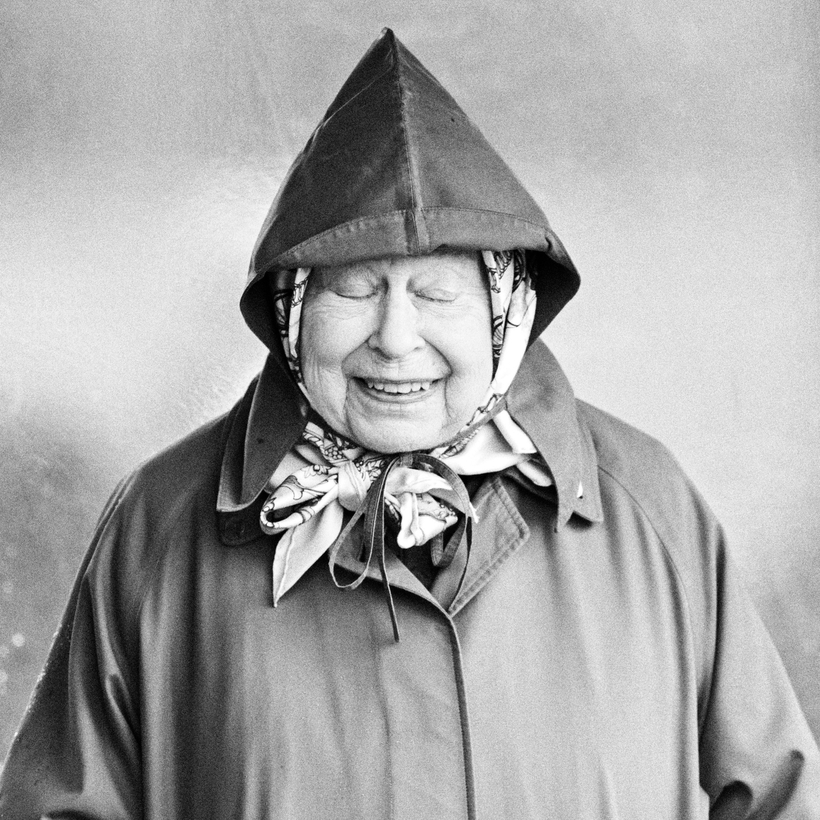There is nothing faster in the known cosmos, Terry Pratchett once reflected, than the speed of monarchy. The transfer of divine rule completes its journey while light is still fiddling with its seat belt. The first that King Charles knew of his upgrade on September 8, 2022, came with the second word uttered to him on the phone by Sir Edward Young as he drove in his Land Rover near Balmoral and that subtle shift in the private secretary’s greeting to “Your Majesty”, but he had become King a little earlier, at the very moment Queen Elizabeth II took her final breath.
Once the news broke, Britain entered its traditional period of lunacy. Graham Wilson from High Wycombe spent $1,800 having his left thigh tattooed with two images of Elizabeth, at her coronation and in old age. “Beth, the tattooist, had a cancellation, so it was meant to be,” he explained.


